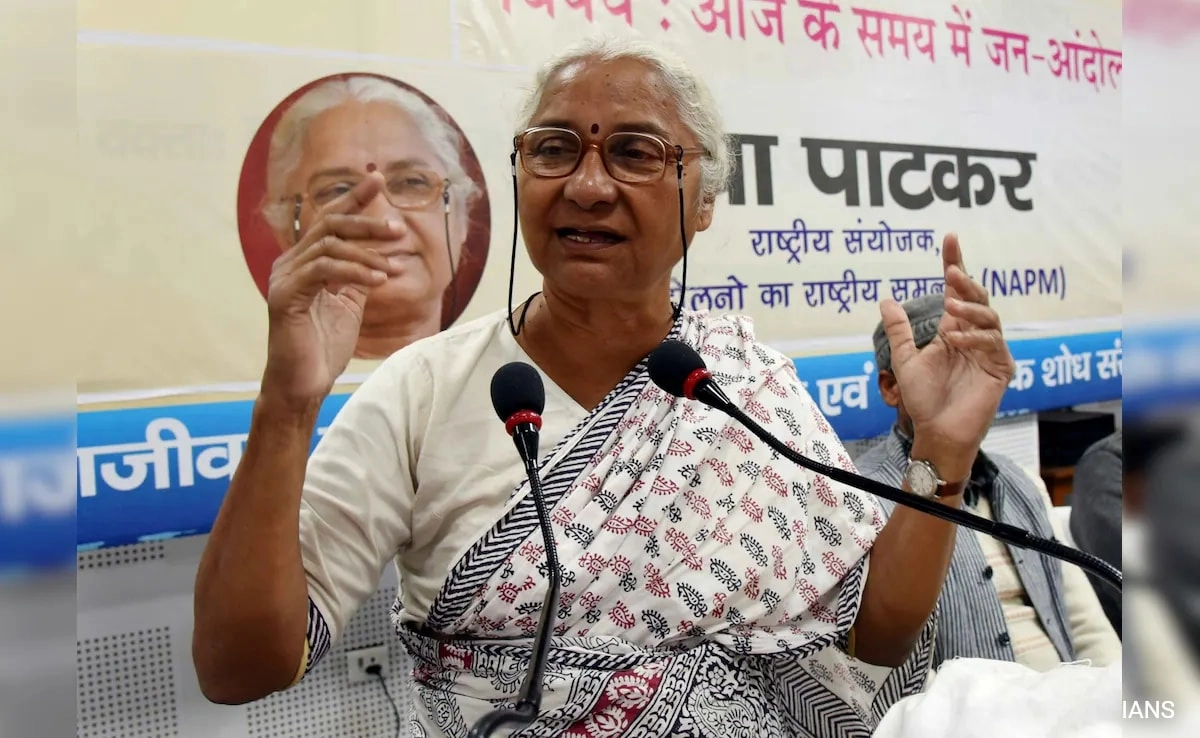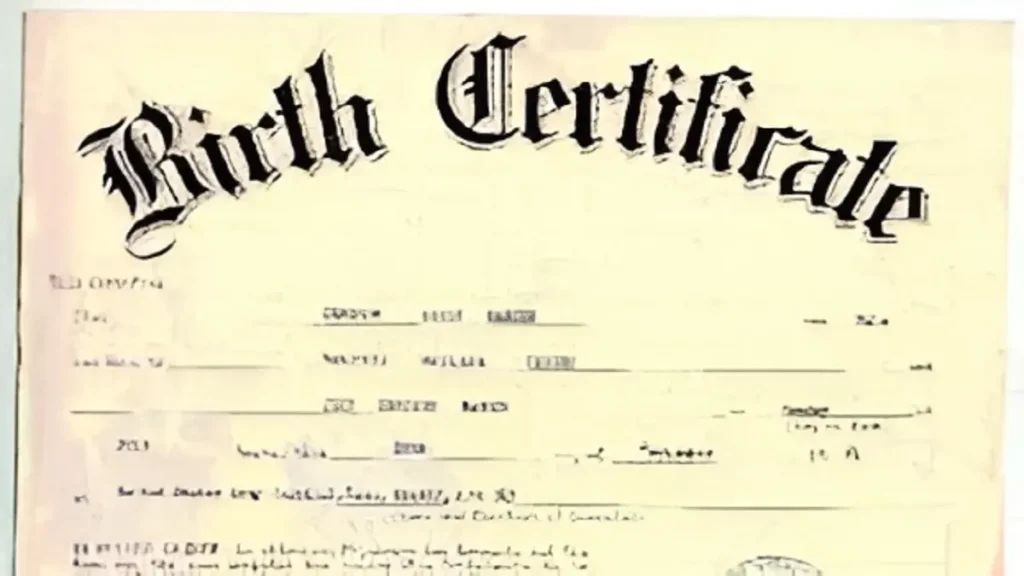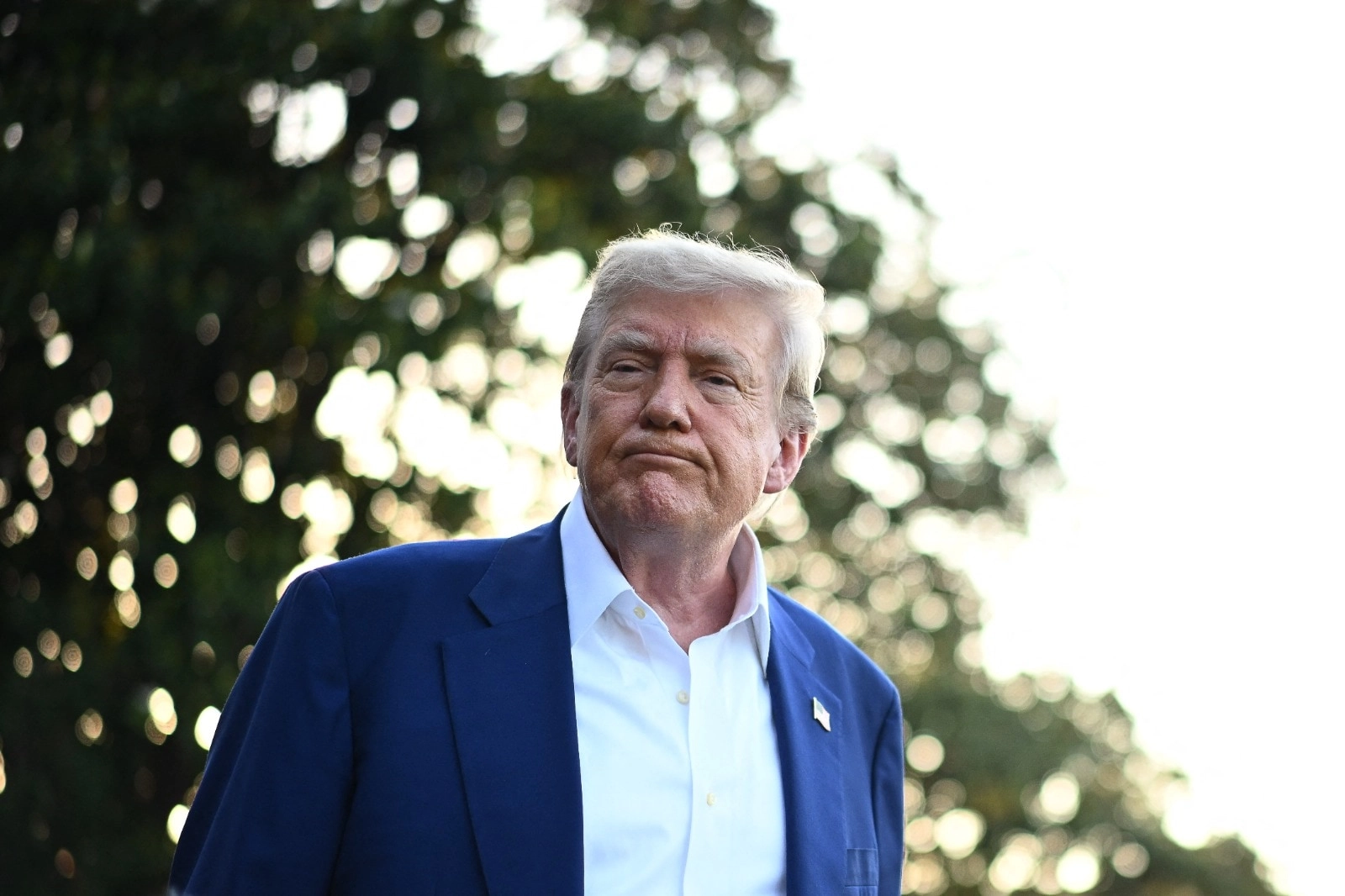The Supreme Court of India has upheld the conviction of Medha Patkar, a prominent social activist, in a defamation case. This ruling has significant implications not only for Patkar but also for the broader context of free speech and the responsibilities that come with it. Medha Patkar, known for her tireless work in championing the rights of marginalized communities, particularly in relation to environmental issues and displacement, found herself embroiled in legal challenges after making statements that were deemed defamatory towards individuals associated with certain development projects.
The court’s decision to affirm her conviction raises questions about the balance between protecting individual reputations and ensuring that public figures can speak out on critical social issues without the fear of legal repercussions. While the judiciary has a duty to uphold the law and protect individuals from defamation, it must also consider the implications of such rulings on activism and public discourse. Patkar’s case illustrates the precarious position activists often find themselves in when their statements challenge powerful interests, and it highlights the potential chilling effect that defamation laws can have on free expression.
Supporters of Patkar argue that her conviction represents a setback for social justice movements, suggesting that it may deter others from speaking out against injustices for fear of legal retaliation. On the other hand, proponents of the court’s decision emphasize the need for accountability, asserting that public figures must exercise caution in their statements to avoid unwarranted harm to others. This case serves as a reminder of the complexities surrounding free speech, particularly in a country where activism often intersects with sensitive social and political issues.
As the legal landscape continues to evolve, the Supreme Court’s ruling on Medha Patkar’s conviction may influence future cases involving defamation and free speech. It underscores the importance of fostering an environment where activists can operate freely while also respecting the rights of individuals. Ultimately, this ruling could serve as a pivotal moment in the ongoing dialogue about the role of law in balancing societal interests with individual rights, shaping the future of activism in India.




